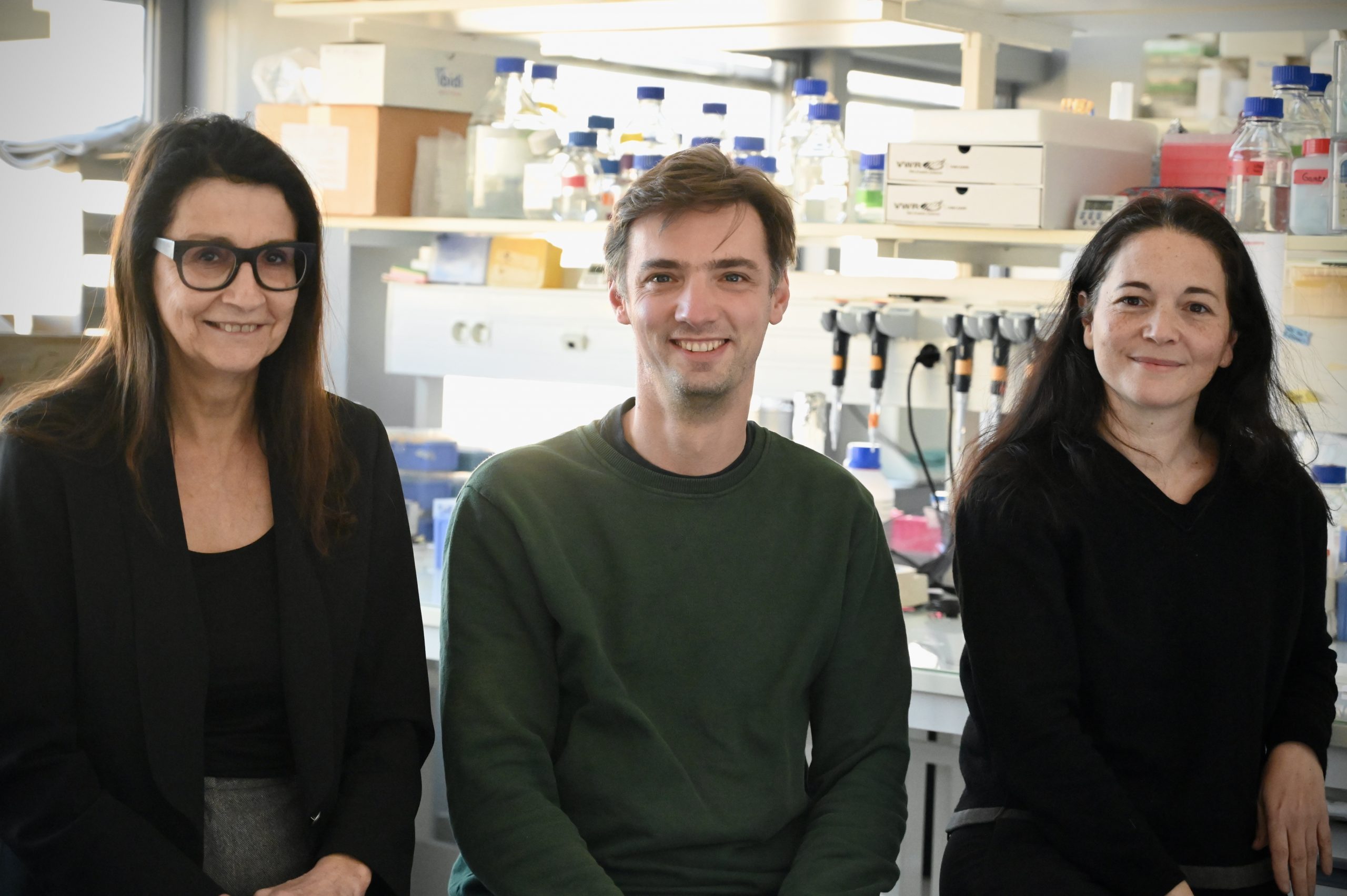Our dream, with our approaches, models and work in collaboration with patients and clinicians, is to bring answers to patients and their families. That is, accurate diagnosis and the hope of new effective treatments.
Sophie Saunier, Director of the Hereditary Kidney Disease Laboratory
The Project
Researchers and physicians at Institut Imagine are responsible for the discovery of the three main genes – CTNS, NPHS2 and NPHP1 – respectively involved in cystinosis, cortico-resistant nephrotic syndrome and nephronophthisis.
These three severe diseases can lead to a fatal outcome for the affected person due to an progression towards end-stage renal failure, sometimes even with extrarenal signs that may be ophthalmological, endocrine or neuromuscular.
Over the past two decades, these laboratories have identified more than 30 responsible genes. Each gene discovered is a relief for the patient and his family, who can finally name the disease. This also represents a therapeutic hope.
However, in order to find treatments, several steps are necessary:
- Cutting-edge research using high-throughput genome sequencing, to accelerate the identification and understanding of the mutations responsible for the diseases that affect patients.
- The establishment of genetic databases that, when cross-referenced with patients’ clinical information, lead to a better understanding of their disease. This is made possible by the Institut Imagine‘s Data Science platform, which develops artificial intelligence software that cross-references the various patients data.
- The creation of models of the disease, in particular organoids, consisting of reconstructing microscopic kidneys in the laboratory and thus reproducing their function and dysfunction.
Context & Objectives
Hereditary kidney diseases represent 25% of the causes of end-stage renal disease in children. The only therapeutic response today is dialysis or renal transplantation. For the former, it must be renewed regularly, several times a week, and for the latter, lifelong immunosuppressive treatment with a high risk of graft rejection. Even in case of success, a new transplant is often necessary after several years.
The objective of the researchers at Institut Imagine is to continue exploring the genome of patients with three related ambitions: to identify new mutations, to decipher the mechanisms of action of these genes at the molecular and cellular levels, and to identify new therapeutic targets in order to accelerate the discovery of early treatments for sick children, before severe renal damage occurs.
/ To recruit teams, researchers and students

